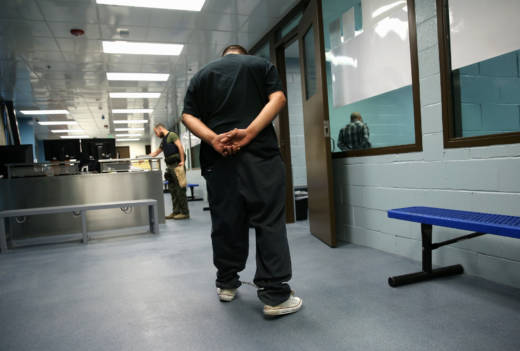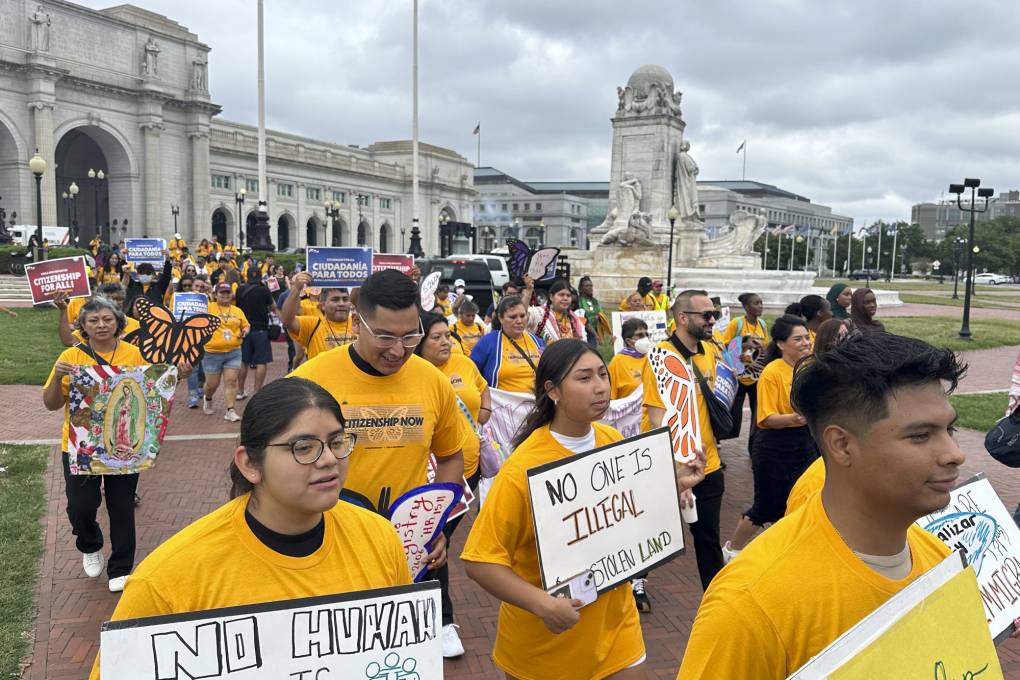Authorities on Thursday ended free legal phone calls for immigrant detainees fighting deportation cases from two facilities in the southern Central Valley, drawing backlash from advocates who said the move would hurt people’s ability to win release regardless of their ability to pay.
Immigrants held at the for-profit detention centers in Bakersfield and nearby McFarland are often hundreds of miles away from their legal services and rely on phone calls to prepare their cases.
“Were it not for the ability to reach attorneys, I would not have been able to challenge deportation proceedings and would have been deported to a country where I would have faced great harm and even death,” said Jose Ruben Hernandez Gomez, who was freed from one of the detention centers after being represented by the San Francisco public defender’s office.

